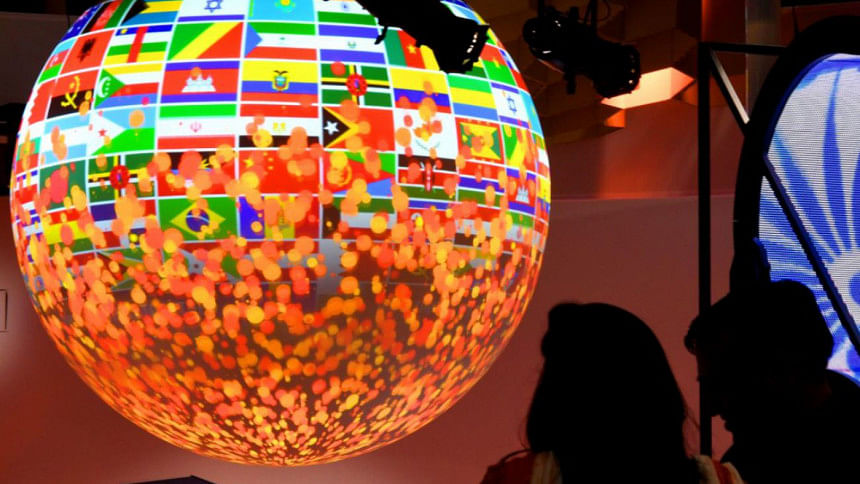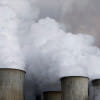The 'Talanoa Dialogue' on Climate Change

The 196 countries that are signatories to the United Nations Framework Convention on Climate Change (UNFCCC) meet each year around December at the annual Conference of Parties (COP) to review progress on implementing the decisions. The COP moves to a different continent each year as each continent hosts it in turn.
The last (23rd) conference, known as COP23, was the responsibility of the Asia Pacific, and it was officially hosted by Fiji. However, as Fiji could not logistically handle a meeting with tens of thousands of international participants, the Government of Germany offered to hold it in Bonn in November 2017 on their behalf.
Thus, the prime minister of Fiji was the president of COP23 and will remain president of the COP until he hands over the responsibility in December 2018 to the next president, who will be from Poland (as COP24 will be held in Katowice, Poland).
Normally, the COP is a two-week-long event with the first week being between negotiators at technical level and the second week being a high-level one when ministers, and even heads of governments, attend the conference to finalise the decisions.
Another characteristic of the negotiations is that they can be quite acrimonious at times as countries insist on pushing their own points of view forward.
Last year, at COP23, the Fijian presidency introduced a number of innovations under what is called the Talanoa Dialogue system practised in the Pacific islands.
The first characteristic of the Talanoa Dialogue system that distinguishes it from normal UNFCCC negotiations is that it is not adversarial but rather consensual. This means that decisions are arrived at by consensus after everyone has spoken, and if a decision is not agreed upon, then discussion continues. This requires that sufficient time is allowed for many rounds of discussions until consensus is reached.
However, as each COP has a tight two-week schedule, often the negotiations run all night over the last few days in order to finish on the scheduled time. This is a very tiring process for the negotiators and also for well-considered decision making.
So the Government of Fiji have decided to continue the Talanoa Dialogue with inputs from countries for the entire year between the end of COP23 and the beginning of COP24 in December 2018.
The second important innovation of the Talanoa Dialogue system is that it is not confined to governments only, but rather is open to other stakeholders such as companies, mayors of cities, governors of provinces, NGOs, universities, the youth, indigenous and women's groups and many others who can also present their views.
Thus the Government of Fiji (as president of COP23) together with the government of Poland (the incoming president of COP24 in December) are jointly inviting inputs from all the countries and stakeholders under the Talanoa Dialogue system until October 2018, after which all the inputs will be compiled and synthesised for consideration in COP24 in Katowice, Poland.
There is, thus, a significant opportunity for Bangladesh as well as other stakeholders from Bangladesh to provide their inputs to the COP24 through the Talanoa Dialogue system.
A final point of importance is that since the Paris Agreement on Climate Change was agreed at COP21, the implementation of that agreement is no longer only the responsibility of governments but of everyone. Hence, everyone should be able to contribute to all future COP discussions. Thus it is to be hoped that the Talanoa Dialogue system will become a permanent feature of discussion and decision making in future COPs.
Saleemul Huq is the Director of the International Centre for Climate Change and Development at Independent University, Bangladesh (IUB). Email: [email protected]










Comments